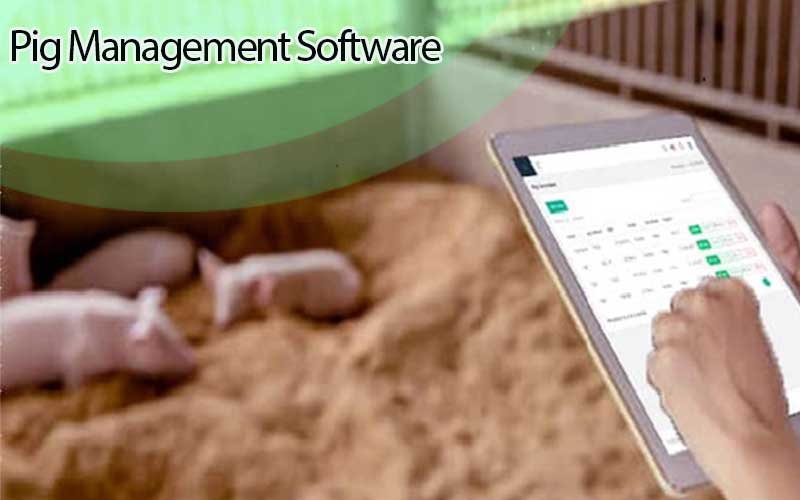5 Best sow Management Practices that increases efficiency of farrowing operation
Sow management refers to the care and management of female pigs, also known as sows, during their breeding, pregnancy, and lactation periods. Proper sow management is important for the health and well-being of the sows, as well as the productivity and profitability of the farm.
There are some key considerations for sow management which involve the following
Diet
Sows have high nutrient requirements, especially during pregnancy and lactation. It is important to provide sows with a balanced diet that meets their nutritional needs. This proper diet in its right quantity will be passed on to the piglets and provide them with more viability.
Housing
Sows should be provided with clean, well-ventilated housing that is free from drafts and extreme temperature fluctuations. This will help maintain their feeding habit and keep them at their optimum performance at all times.
Breeding
Sows should be bred at the appropriate age and frequency to ensure optimal productivity. Farmers must ensure intervals between pregnancies to prevent sows from getting worn out as a result of overbreeding.
Pregnancy and lactation
Pregnant sows should be monitored for signs of delivery. Farmers must be prepared for when sows will farrow and make all necessary arrangements for safe delivery. During lactation, sows should be provided with sufficient feed to meet the nutritional demands of nursing piglets.
Health
Sows should be monitored for signs of illness and provided with timely treatment as needed. Vaccinations and parasite control measures can also help prevent illness.
By following best practices for sow management, farmers can help ensure the health and well-being of their sows, as well as the productivity and profitability of their farms.




